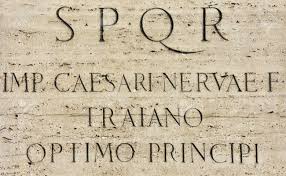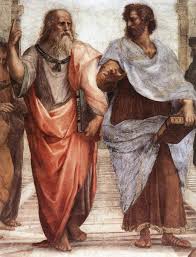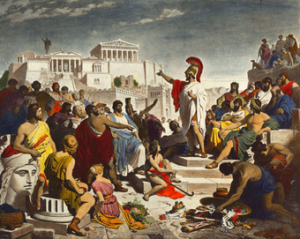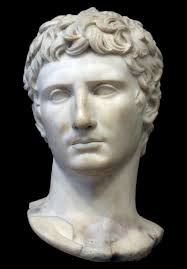Why Classics matters – Dom Curtis
5 simple reasons as to why Classics is NOT irrelevant:
1. Latin is the gateway to history. Up until the sixteenth century, Latin dominated European literature, documentation, and other forms of writing. Without studying Latin, it would be impossible to understand in any level of detail the events of the past, so we must know it to thoroughly understand history and the implications of past events.

2. Ancient Greek allows us to access an immense treasure trove of culture. From philosophy to theatre, Ancient history to politics, studying Ancient Greek allows us to look more closely at the beginning of western civilisation, and have a greater understanding of the ways in which people of the past thought. Without this knowledge, we would not be able to understand why issues like slavery were seen as acceptable, as well as a plethora of other seemingly abhorrent practices. Knowing their reasoning allows us to combat it and learn from the mistakes of our past, enabling us to improve as a society.

3. Some of the greatest and most influential works of literature were made in Ancient Greece and Rome, such as Homer’s Iliad and Odyssey, as well as Virgil’s Aeneid. Without being able to understand these works, we lose an understanding of a large part of Ancient culture. Also, these poems all discuss themes which are still relevant today, such as being remembered after death, imperialism and utilitarianism.

4. The influences of Ancient philosophy are still clearly visible today. The Catholic Church is one of the largest institutions in the world, and they took a great deal of inspiration from St. Thomas Aquinas, who took a great deal of his inspiration from Aristotle. Aristotle’s thinking was actually used by Aquinas as a proof of God, in the form of the Cosmological argument. Plato’s influence on St. Augustine is clear too, and he also greatly influenced the Church and modern Christian teachings.

5. Ancient Greece is often said to be the home of democracy, and our democracy, although wildly different, is based off of this system. In developing our modern form of government, however, we needed to look back at the pitfalls of past systems of government and learn from the mistakes made by the civilisations of the past.















Post Comment
You must be logged in to post a comment.